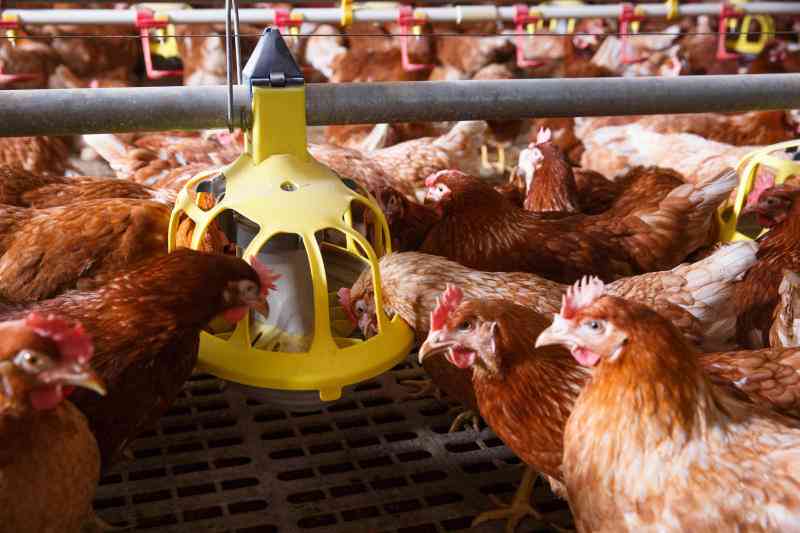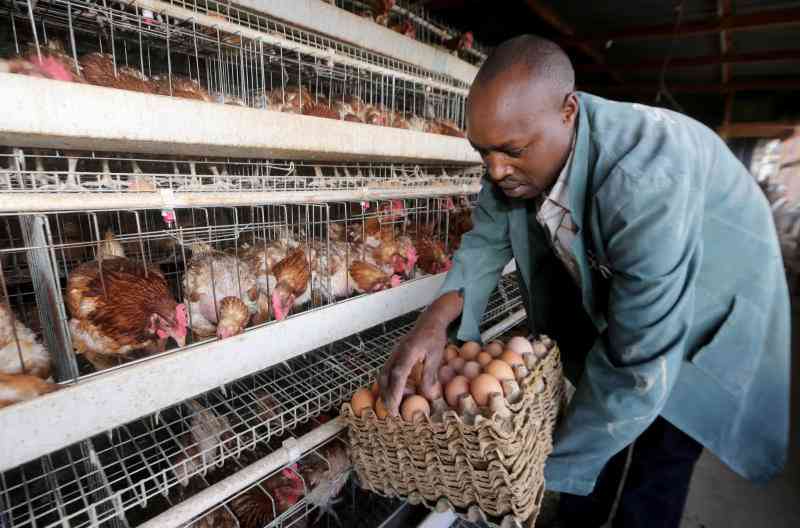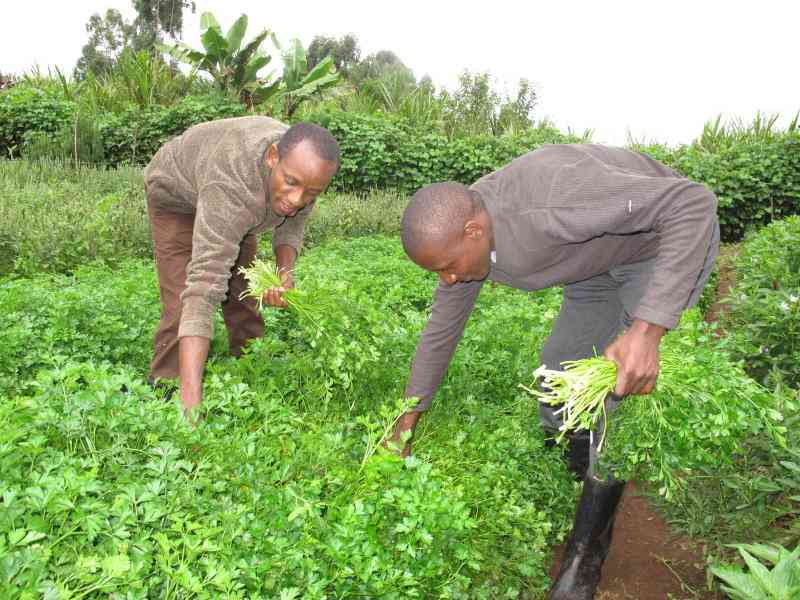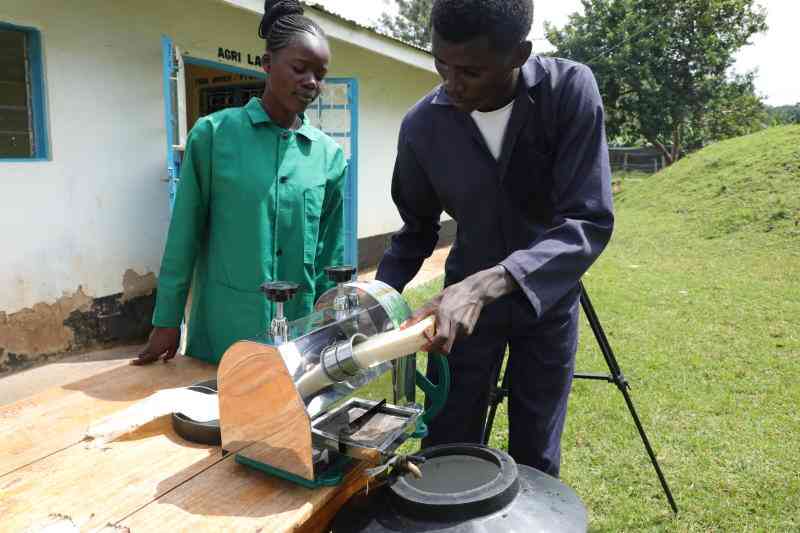Key developments in the agricultural sector that need interrogation
Three key developments in the agricultural sector need serious interrogation as they have a direct impact on a sector that over 70 per cent of Kenya’s population rely on for their livelihood.
The first is the Crops (Food Crops) Regulations, 2018 bill which seeks to tighten regulations governing food production, processing, marketing, imports and exports.
The bill, once passed by Parliament, will make it illegal to plant crops using animal manure.
It also prohibits farmers from growing crops next to sites whose land use could result in contamination of soil, air and water.
These areas include sites used for domestic animal production.
However, the challenge here is that nearly all small scale farmers in Kenya are mixed farmers who grow crops side by side with animals.
They also use animal manure to enrich their farms and by prohibiting them from doing so, it means they will either stop growing crops or incur huge losses.
The second development is the award by a US jury of about Sh11.4 billion to a man who said his use of weed killer Roundup caused his cancer.
The verdict in the Herdeman v. Mosanto case before the San Francisco Federal Court found that exposure to glyphosate, a key active ingredient in Roundup, caused Edwin Hardema’s non-Hodgkin’s lymphoma.
Of concern here is that the precedent set by the US court is likely to swing open litigation flood gates in Kenya and elsewhere.
The third, is the government’s move to allow for the importation of sugar and dairy products, including eggs and milk, from Uganda.
During Ugandan President Yoweri Museveni’s state visit to Kenya, he closed major deals for his country while Nairobi only managed to convince Kampala to allow Kenyan beef into the Ugandan market.
The Ugandan delegation convinced Nairobi to increase sugar exports to Kenya from 36,000 metric tonnes to 90,000 metric tonnes annually. Also struck during the bilateral negotiations is a deal to allow Uganda flood the Kenyan market with its poultry products amid concerns by Kenyan farmers that the government is driving them out of business by allowing cheap imports.
To begin with, smallholder farmers have for decades been seeking the easiest and cheapest way to fertilise their small pieces of land so that they can attain reasonable harvests on which to subsist.
The commonest method is applying cow, goat, sheep and chicken manure.
Indeed, nearly all the cereals, vegetables and legumes consumed by Kenyans, including maize, millet, wheat, beans, peas, sweet potatoes, cassava and other tubers, are grown using manure. Banning organic fertilisers is not the way to go, given that Kenya periodically suffers acute food deficits whenever the rains are late, inadequate or poorly distributed. We also wish to emphasise the UN Environment Assembly 2019 recommendations which noted that hazardous chemicals, including fertilisers, are continuously released to indoor and outdoor. These chemicals cause soil pollution, which has become one of the greatest environmental problems of our time.
[The writer is the leader of the Farmers Party]
Want to get latest farming tips and videos?
Join Us
Share this article on social
 The Standard Group Plc is a multi-media organization
with investments in media platforms spanning newspaper print operations,
television, radio broadcasting, digital and online services. The Standard Group
is recognized as a leading multi-media house in Kenya with a key influence in
matters of national and international interest.
The Standard Group Plc is a multi-media organization
with investments in media platforms spanning newspaper print operations,
television, radio broadcasting, digital and online services. The Standard Group
is recognized as a leading multi-media house in Kenya with a key influence in
matters of national and international interest.
 The Standard Group Plc is a multi-media organization
with investments in media platforms spanning newspaper print operations,
television, radio broadcasting, digital and online services. The Standard Group
is recognized as a leading multi-media house in Kenya with a key influence in
matters of national and international interest.
The Standard Group Plc is a multi-media organization
with investments in media platforms spanning newspaper print operations,
television, radio broadcasting, digital and online services. The Standard Group
is recognized as a leading multi-media house in Kenya with a key influence in
matters of national and international interest.






